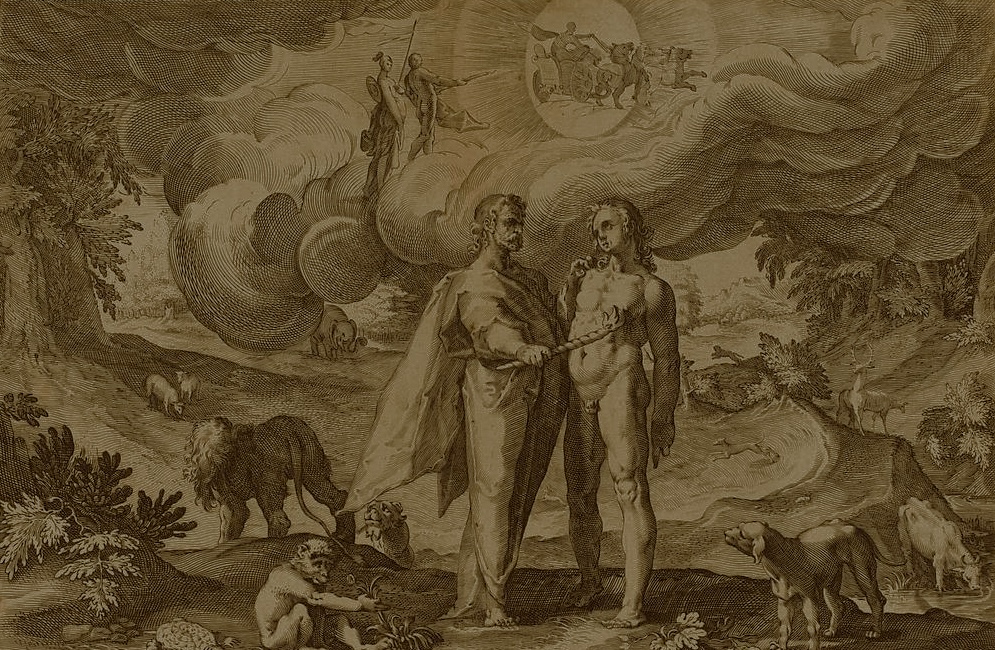Volume 16 (Published 2024)
Embracing the Doorkeeper: An Ethical Reading of Kafka’s Messianic Vision through the Lens of Cohen and Levinas, David Tapper. Pg 1-6.
Reimagining the “Imperfect” Utopia for Ethical Development, Sophia Decherney. Pg 7-15.
God and the Good in Gregory of Nyssa’s The Life of Moses, Luiz Felipe de Souza Lobo Morgado Horta. Pg 16-25.
Volume 14 (Published 2022)
Gillan Chalono (Amherst College), “The Personal is Political: Property as a Distributive Interface”
Long Nguyen (Hillsdale College), “Language and Common Sense in Berkeley’s Philosophy”
Sabah Rainey (Centre College), “New Streets and Signs: Street Art as a Response to Willful Hermeneutical Ignorance”
Tobias Rivas (Grinnell College), “Reasoning Together”
Weiming Sheng (Vassar College), “Plato’s Tripartite Classification of Normative Reasons” – Winner of the Best Essay Award
Volume 13 (Published 2021)
On Self-Determination and Coercion: A State’s Right to Control its Border, Mackenzi Barrett. Pg 1-8.
A Defense of the Second Analogy, Yunlong Cao. Pg 9-14.
Expanding William Hasker’s Transcendental Refutation of Determinism, Ibrahim Dagher. Pg 15-20.
Phenomenology of Consciousness: Understanding its Functional Role, Nathan Jacob. Pg 21-29.
Dualism and Organic Form, Campbell Rider. Pg 30-38.
A Distinctive Type of Anthropocentrism in the Philosophy of Personhood, Musa Saleem. 37-49.
Volume 12 (Published 2020)
The Undemandingness of Progressive Consequentialism, Joseph Philip Flanagan.
The University of Bristol. pp. 1 – 11.
Painting and Relation, in Their Existential Significance, Alicia Badea.
Johns Hopkins University. pp. 12 – 20.
Three Visions of an Ideal World: Kant Against Rival Idealisms, Joe Brownsberger
Yale University. pp. 21 – 27.
The Phainomena in Aristotle’s De Anima, Ammar Plumber.
University of Pennsylvania. pp. 28 – 39.
Derrida and Habermas on Modernity and the Production of Meaning, Maximilian Paul Jonathan Forster.
University of North Carolina at Chapel Hill. pp. 40 – 48.
Heidegger’s Neglect of and Dependence on the Body in Being and Time, Jacob Joram.
Johns Hopkins University. pp. 49 – 57.

